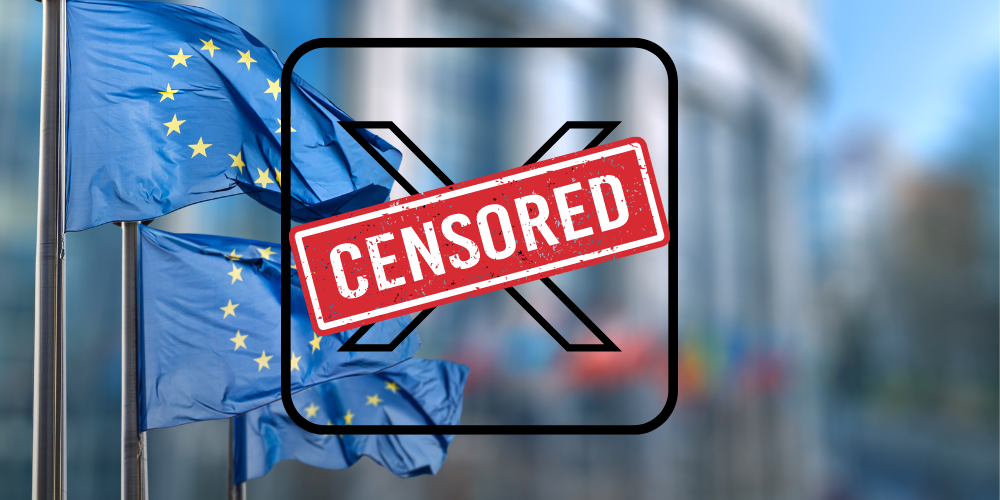
Elon Musk revealed that the European Commission tried to secretly force X (formerly Twitter) into censoring speech. According to Musk, the EU promised to drop huge fines if X quietly removed what they called ‘misinformation’ without telling the public. Musk accused the European Commission of wanting X to hire hundreds of people in the EU to delete content they labeled as ‘misinformation.’ X wouldn’t get a say in these decisions. Musk said that other platforms accepted this deal, but X did not.
EU Commissioner Thierry Breton criticized X’s blue check verification system. He said it now violates the Digital Services Act because anyone can subscribe, making it less reliable. The European Commission threatened fines and demanded changes. The Digital Services Act is meant to create a safe online environment, but Musk argues it limits free speech. If the European Commission’s early findings lead to action, Musk plans to take them to court.
The Digital Services Act, which started in February, threatens fines of up to 6% of a company’s annual revenue if they don’t remove illegal content. What counts as illegal varies by country, which makes it complicated and possibly overreaching by the EU. The European Commission also accused X of not following rules on advertising transparency and blocking researchers from accessing public data, violating the Digital Services Act.
Musk’s defiance is similar to his stance against Brazilian lawmakers earlier this year. X is still fighting Brazil’s court order to remove accounts that spread misinformation, resisting demands despite the threat of fines. The European Commission’s findings against X are still early, but if they are confirmed, fines could reach 6% of global revenue. The main person behind this move is the EU’s Margrethe Vestager, who is from Denmark.


